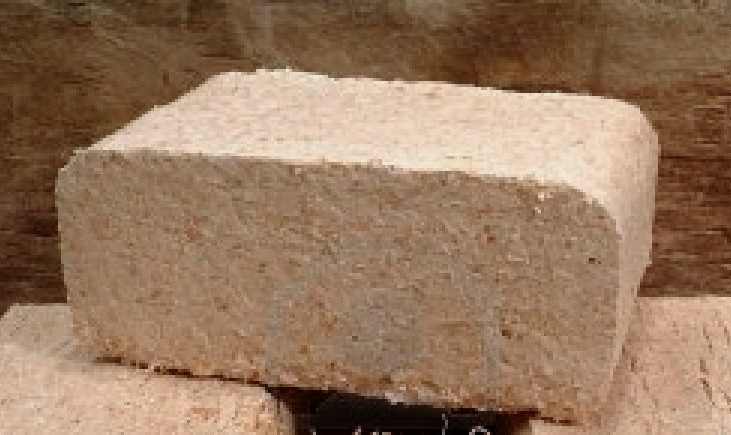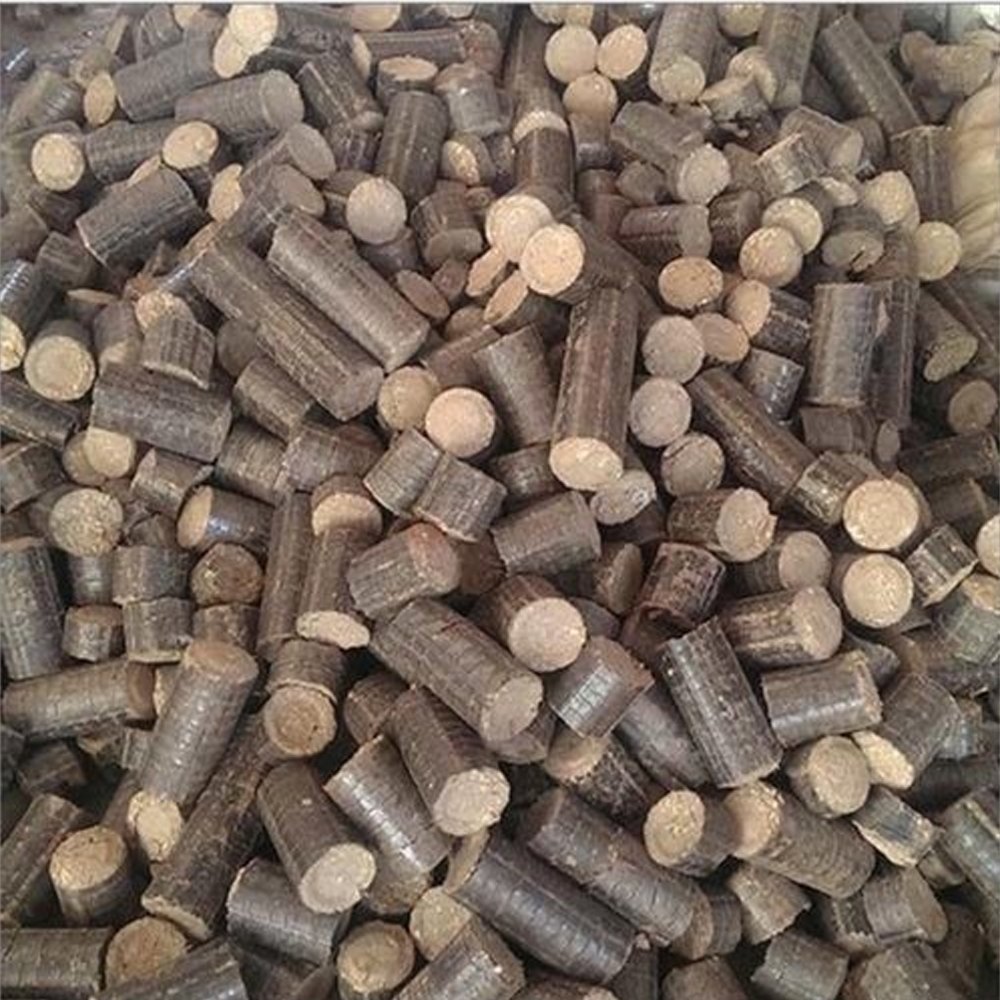Innovative solutions are crucial in a world increasingly concerned about climate change and environmental degradation. One such solution that has gained traction in recent years is the use of brikett. These compact blocks of compressed biomass are revolutionizing the way we approach energy consumption and waste management.
The Rise of Briquettes
Briquettes, made from various organic materials such as sawdust, agricultural residues, and even household waste, offer a sustainable alternative to traditional fuels like coal and wood. By compacting these materials into dense blocks, briquettes provide a cleaner and more efficient source of energy. This not only reduces dependence on fossil fuels but also mitigates the environmental impact associated with their extraction and combustion.

Environmental Benefits
The environmental benefits of using briquettes are manifold. Firstly, they help alleviate deforestation by providing an alternative to firewood for cooking and heating purposes. This, in turn, preserves vital forest ecosystems and habitats. Additionally, briquettes produce lower greenhouse gas emissions and pollutants than conventional fuels, thereby contributing to improved air quality and reduced carbon footprint.
Economic Empowerment
Beyond their environmental advantages, briquettes also offer economic opportunities for communities, particularly in rural areas. The production and sale of briquettes can create jobs and generate income, boosting local economies. Moreover, by utilizing agricultural residues and other waste materials, briquette production adds value to resources that would otherwise be discarded, thus promoting resource efficiency and circular economy principles.
Versatility and Accessibility
One of the key strengths of briquettes lies in their versatility and accessibility. They can be used in a variety of settings, from household cooking stoves to industrial boilers, catering to a wide range of energy needs. Furthermore, the raw materials for briquette production are often readily available locally, reducing transportation costs and promoting self-sufficiency.
Addressing Energy Poverty
Access to clean and affordable energy remains a challenge in many parts of the world. Briquettes offer a viable solution, especially in areas with scarce or expensive traditional fuels. By providing a reliable and sustainable energy source, briquettes help alleviate energy poverty and improve living standards for marginalized communities.
Research and Development
Continued research and development are essential to unlock the full potential of briquettes and enhance their efficiency and scalability. Innovations in briquette production technology, as well as efforts to optimize raw material sourcing and quality, can further enhance the sustainability and competitiveness of this renewable energy solution.

Conclusion
Briquettes are not just blocks of compressed biomass; they represent a pathway towards a cleaner, more sustainable future. By harnessing the power of renewable resources and promoting efficient energy usage, briquettes are paving the way for a greener planet. With ongoing investment and commitment, their impact is set to grow, offering hope for a brighter tomorrow.






